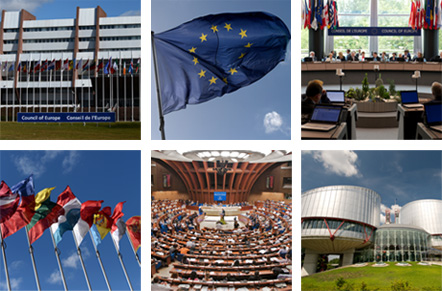The governor of the Council of Europe Development Bank (CEB) Dr Rolf Wenzel and the Special Representative of the Secretary General on migration and refugees, Ambassador Tomáš Boček, are taking part in a signing ceremony in Nuremberg today, between the CEB and the city of Nuremberg, of a financial agreement aimed at supporting the effective integration of refugee and migrant families through education. The CEB contribution consists of a loan of 80 million euros to finance the construction and renovation of schools and early childhood care facilities, including investments in IT and digitalisation and a grant of 600 000 euros for a project to support the identification of immigrants’ own potential as well as their learning and qualification needs. At least fifty different institutions, including schools are expected to benefit from the CEB funds.
Governor Wenzel said: “While migrants and refugees continue to arrive in Europe, it is important to address not only the urgent needs of new arrivals but also their integration into society and the labour market of receiving countries. The CEB has always given particular attention to both these aspects of migration, supporting the investment needs of its member countries in terms of public infrastructure. The agreements that will be signed today will enhance the quality of education facilities and training in Nuremberg, benefiting migrants and refugees as well as the local population.”
“I welcome the Bank´s important role in financing local infrastructure aimed at successful integration of immigrants in the fields of work and education. The contribution is very timely, considering that the city of Nuremberg is receiving a significant number of refugees and asylum-seekers; it also follows the strategic priorities of the Council of Europe, outlined in the Action Plan on protecting refugee and migrant children with its concrete integration projects on education. The practices put in place here can serve as an example elsewhere”, the Special Representative said.
The role of the Special Representative is to assist member states in the context of migration, with a special emphasis on the protection of children. The role implies coordination of migration-related activities within the Council of Europe, including the implementation of the Action Plan on protecting refugee and migrant children. In his country reports, he also assesses how the Council of Europe can better support the member states in their efforts to deal with migration-related challenges. The Council of Europe Development Bank has been playing an important role in reinforcing the Council of Europe values with very tangible financial support.



